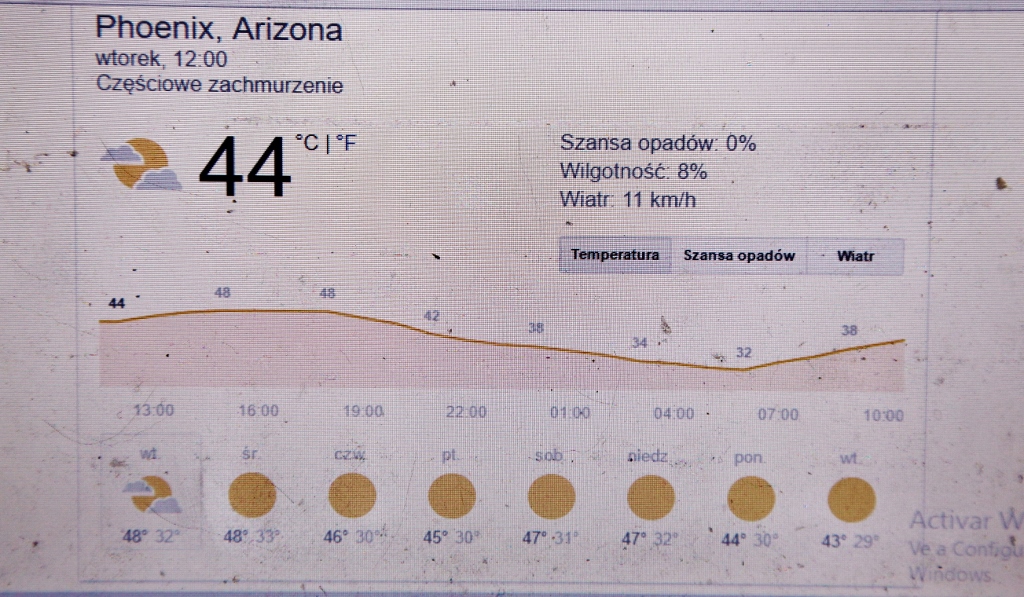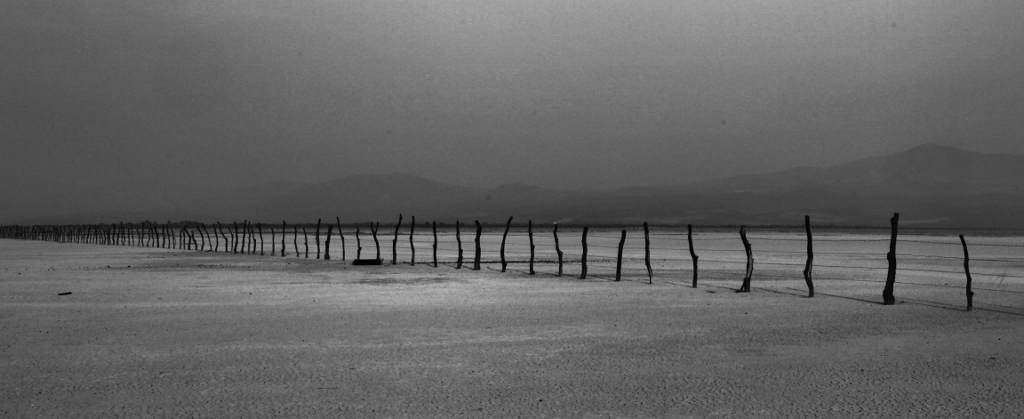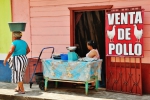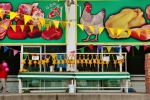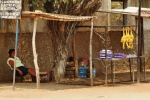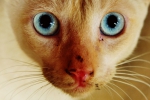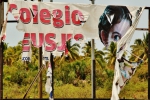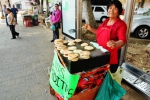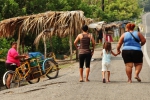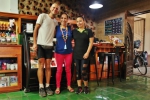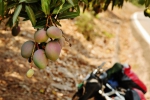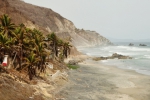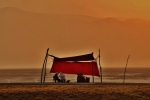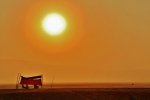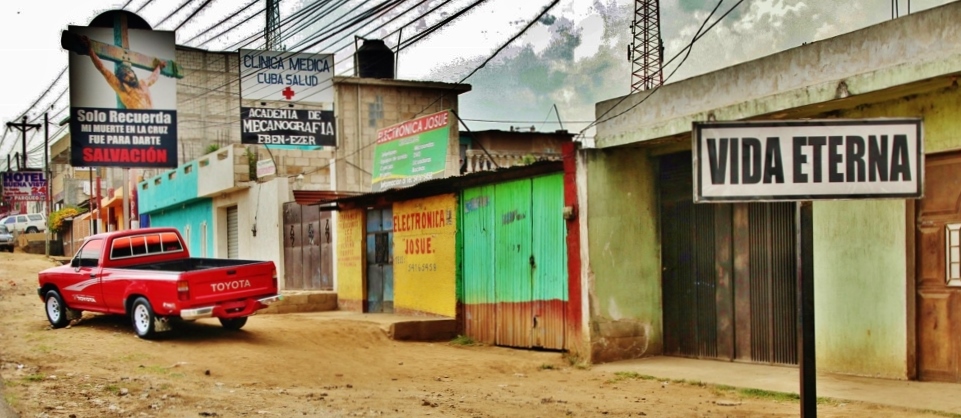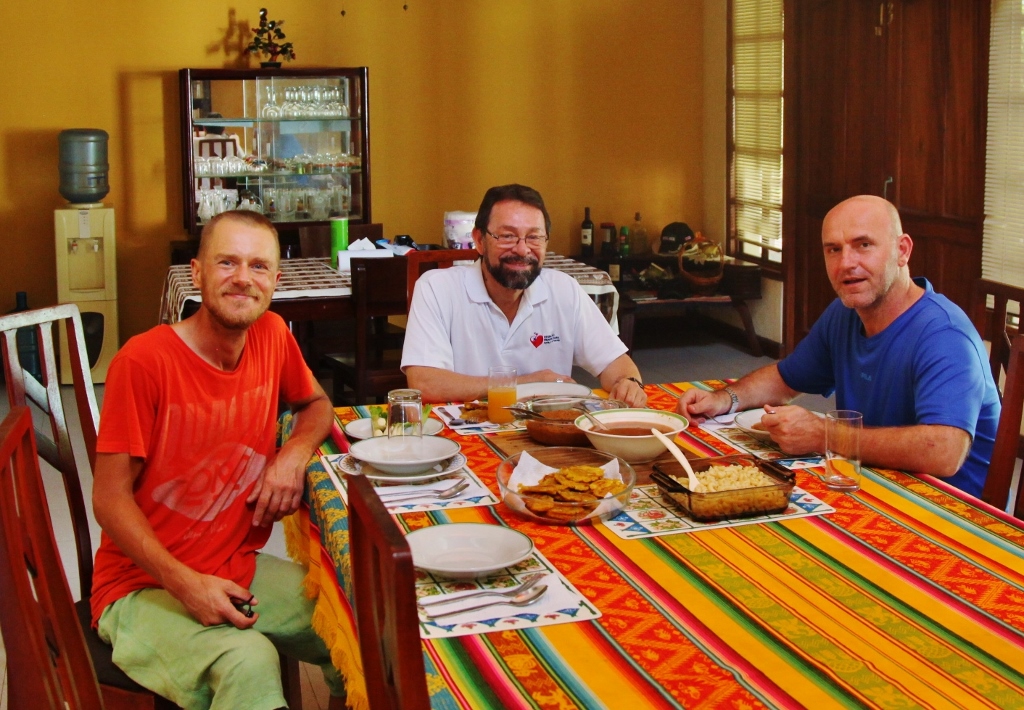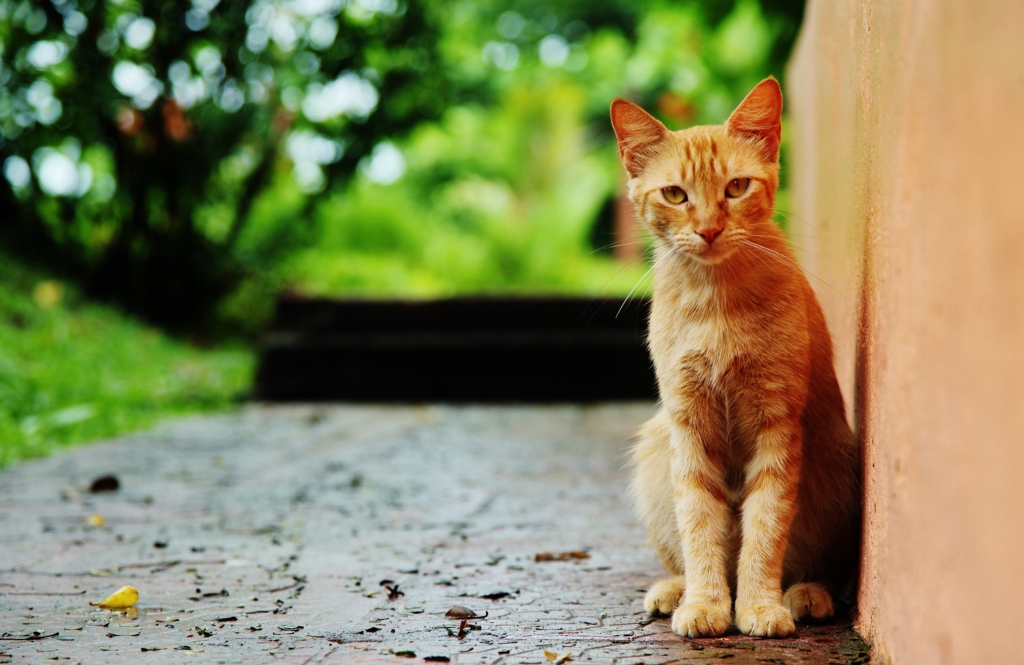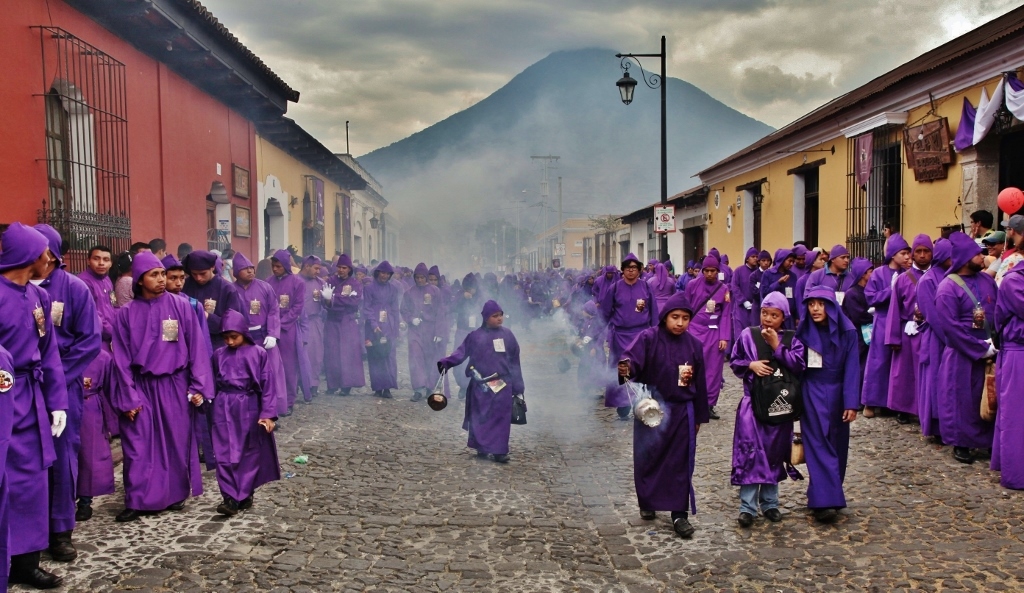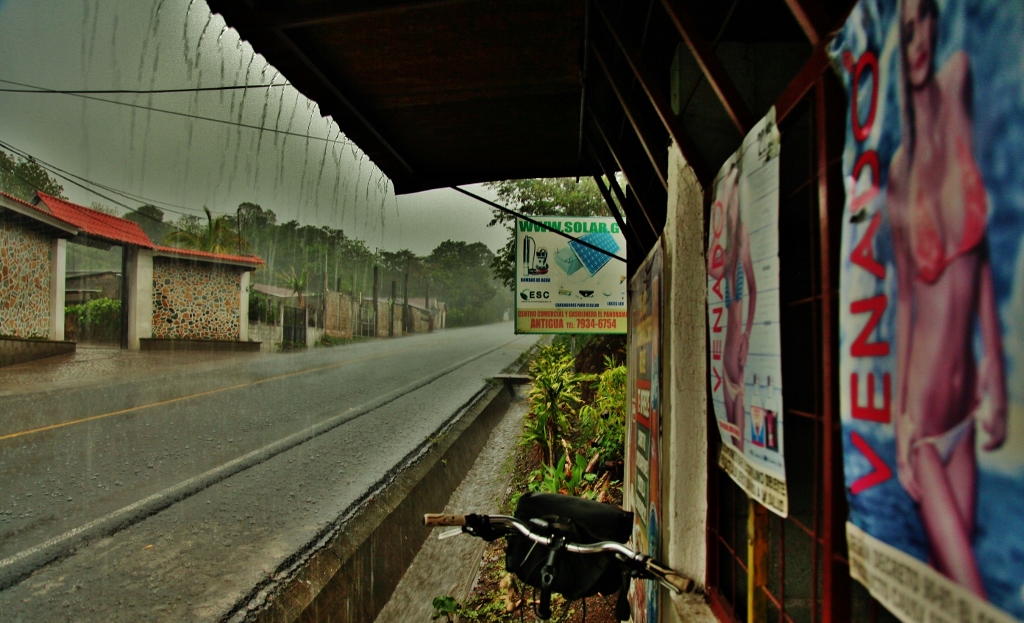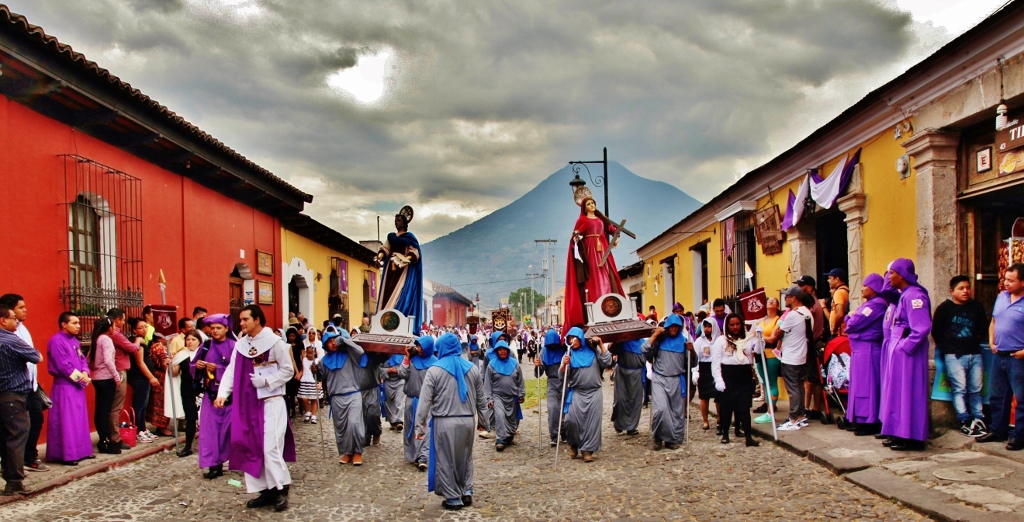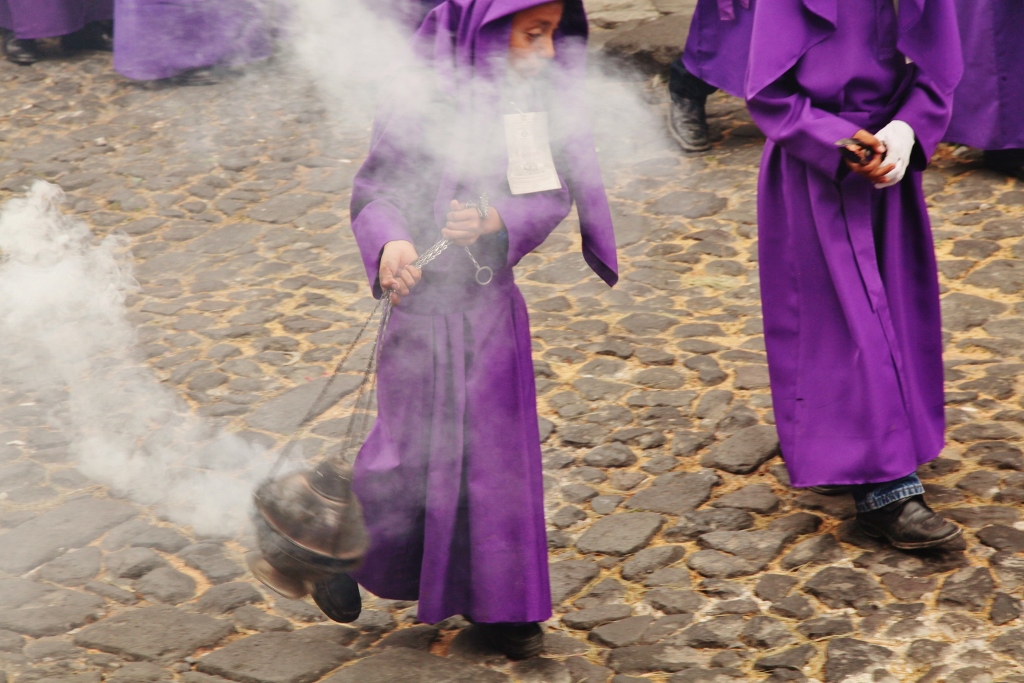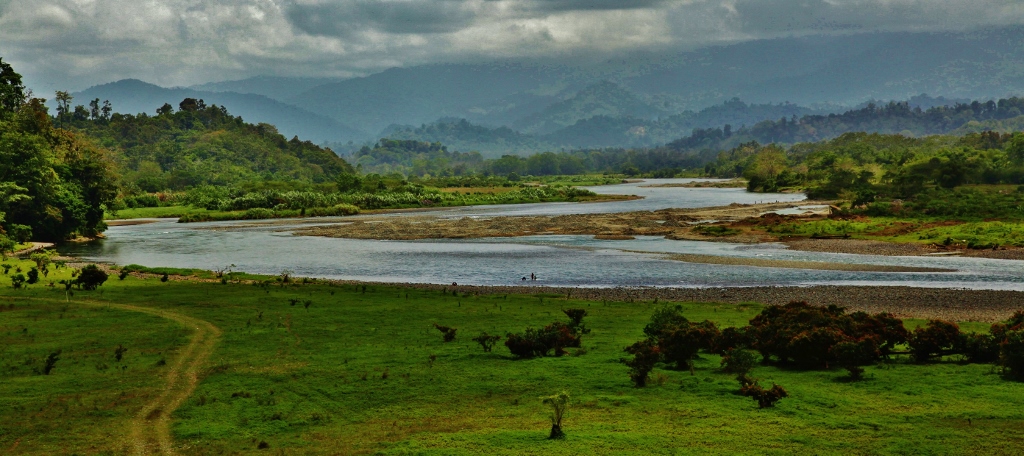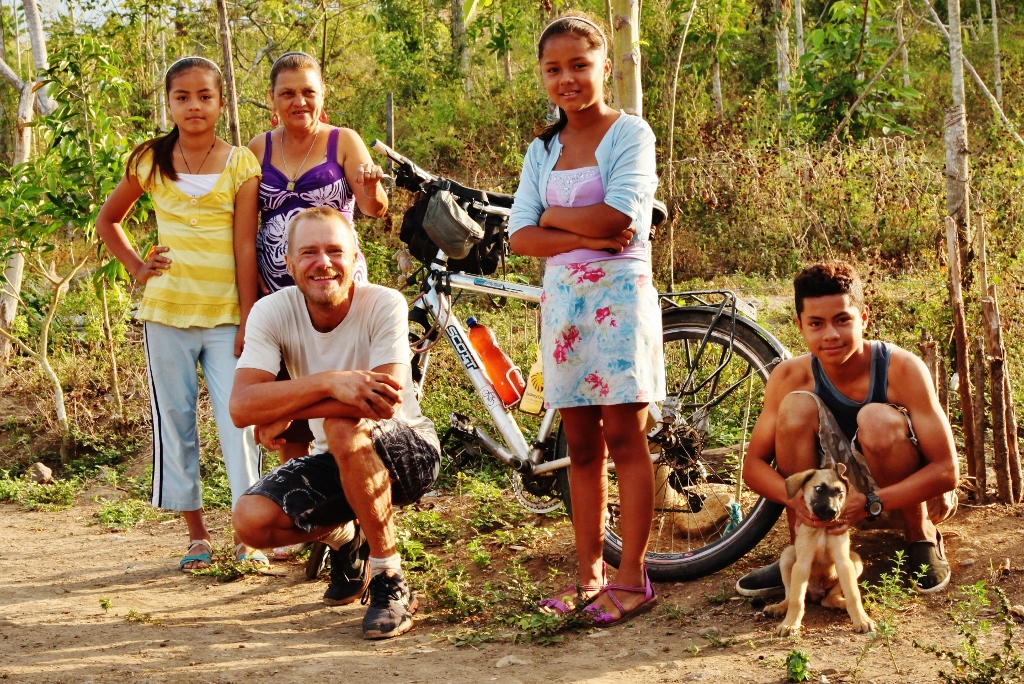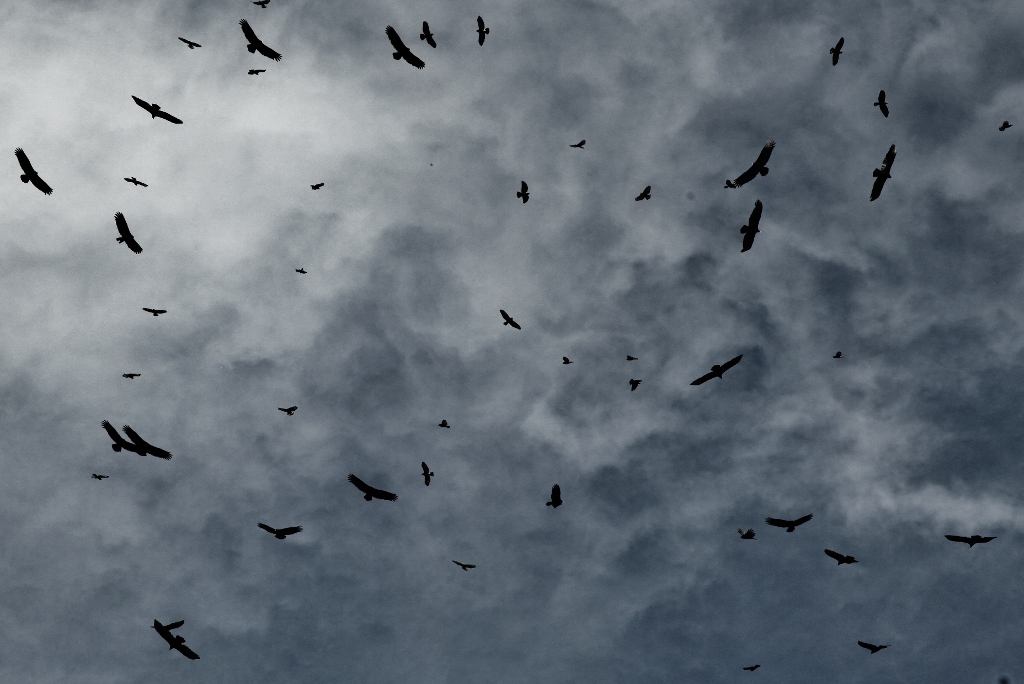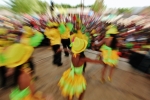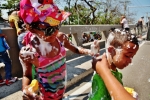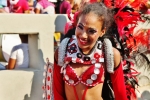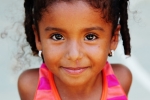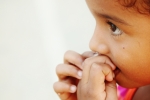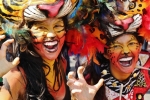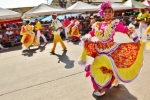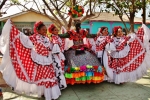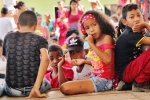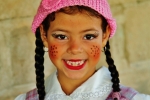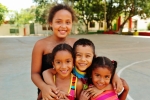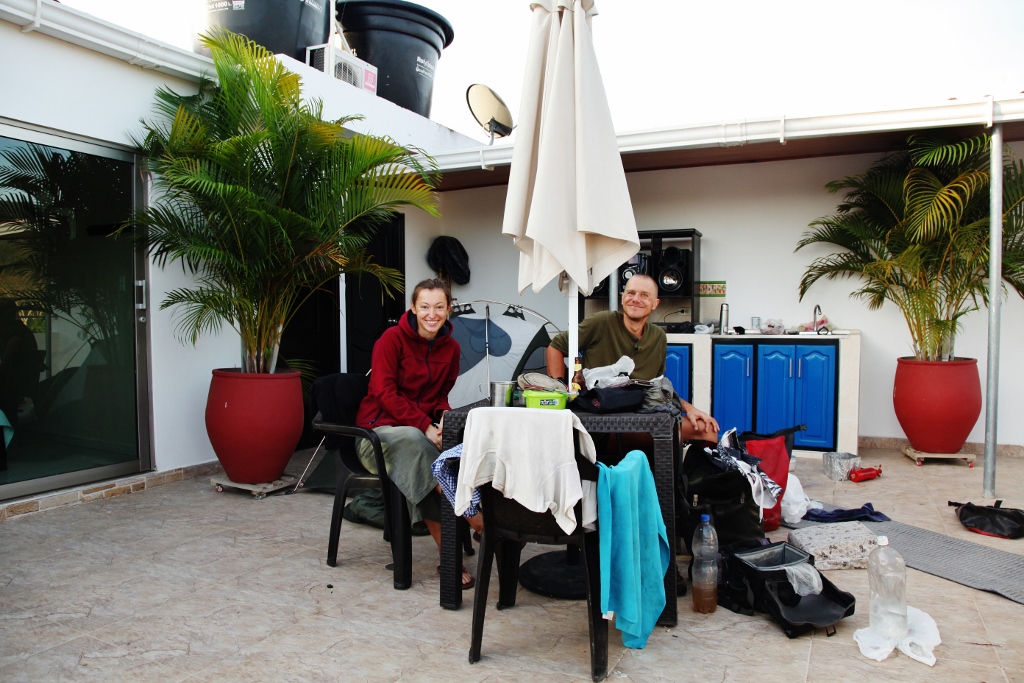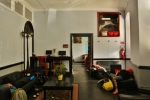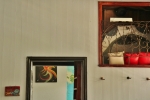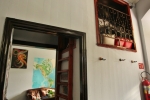“The incident is just what falls down gently like a leaf on the carpet of life – a light, disappearing fold in the fabric of the day, something which is barely worth saving.” R.Barthes
I’m in the States. Finally. It’s not that I want to say that I didn’t like Latin America. Far from that. But somehow it seems I was a little “tired” of it. I could even say that I missed the States. How can you miss something you neither possess nor belong to? Well, I don’t know, but the truth is – I felt longing. And I was right to think that I would like being there.
No sooner had I crossed the border, I immediately felt at home. Just a few hundred feet and you feel the difference. Someone was walking along the sidewalk with a Dalmatian. I stopped and asked for directions. I glanced at the dog. It looked as if it was smiling. Satisfied, well-nourished black and white patches in a clean background of juicy greenery emerging from the park. And that silence and emptiness in the streets of the same city called Nogales, divided by an invisible line separating two alien worlds, two different mentalities. But yet the sky and the sun above it are the same and equal.
One night I was putting up my tent in the desert and then I heard meowing. A small, little kitten ran out of the prickly bush. We ate pasta together. The sausages were eaten by the dogs a few hours earlier. There were lots of those hungry, bony creatures, but I fed only two. After some time you stop seeing them. As if they were invisible, or at least transparent. You look at them, but you do not see. Because when you do, then it hurts, it hurts physically. I will not feed every dog in the world and I will not take them with me. I won’t take even one.
And then more cats. And all those beautiful houses, where I am just a casual shadow – those colorful walls filled with paintings, pictures and the smells from which your head is spinning. Those people, yet strangers, but so immensely hospitable and warm. How could you not smile when you are among them, and how couldn’t you grieve when you have to leave?
And invariably that thought – what do I leave behind? What confusion I have to put into those usually ordered lives when I say that I have little more than a bike and four panniers filled with clothes and some food, when I talk about free time, wind and blue skies above me. What do those people think hearing me saying that my life had stopped? Listening that everything inside me remained unchanged, and it is still as spatious as their colorful houses filled with so many objects. The houses to which they will soon return, where a longing dog is waiting to be stroked and hugged and taken for a walk. So they finally go, they run together under the starry sky, roll in the grass or on the sand, chase themselves who first will come back. Who will first come to the door? Who will enter the house being breathless? Although the house may be located on both sides of the door.
It’s hot. One hundred eighteen in Fahrenheit in the shadow. There was one hundred twenty in Phoenix a week ago. In Celsius it would be fifty degrees. Can you imagine cycling in fifty degrees in the scorching sun in the desert? At night it cools down a little – to ninety degrees in Fahrenheit. Cycling at such a temperature resembles being at high altitude. You can’t accelerate because your body immediately feels bad, it somehow swells, your pulse accelerates, your heart beats like crazy and you need to slow down, otherwise your entire body would burst like a soap bubble.
I’m sitting in McDonalds, leaving pretty soon. Some cranes are flying over my head. They wait. Someone might say that there are no cranes in here. Well, all in all, they are, I can see them. I do not even have to look too far in the sky. Actually I do not have to look anywhere at all. I feel them hovering over the road, swinging over my head. We fly north. I have wings again and I feel fine. So much warmth around, so many glances inside me, so much of me along the way, and so many minutes to the end, so many days ahead of us, and so much light before winter comes.




































